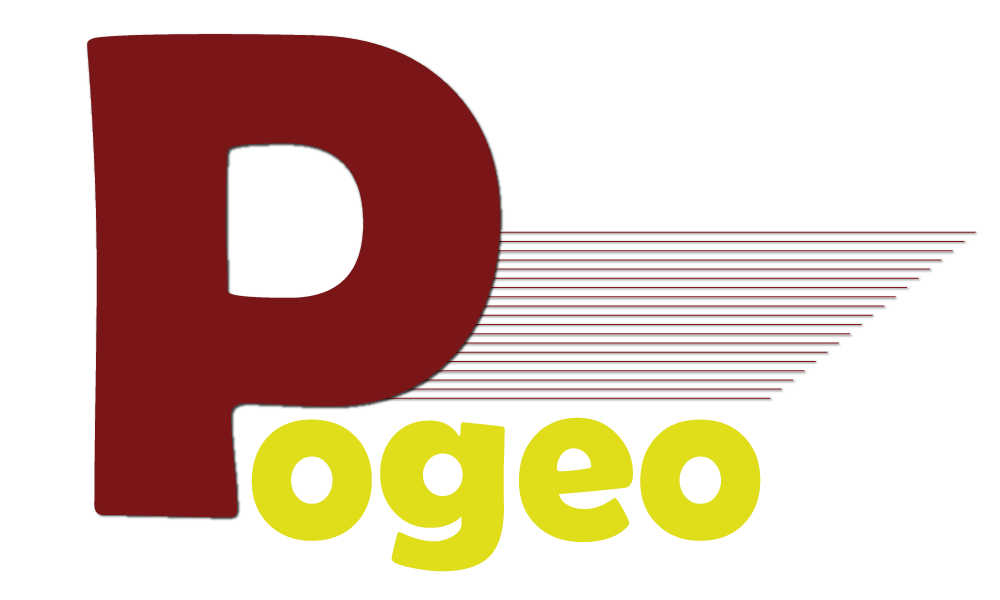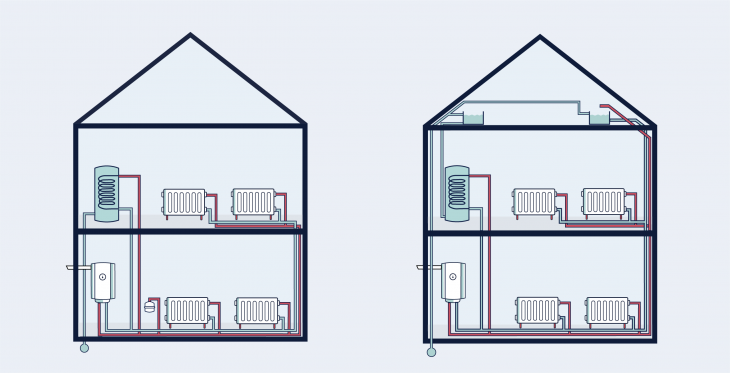Choosing the right water heating system is essential for UK homeowners who want comfort, energy efficiency, and long-term value. While unvented hot water systems have grown in popularity due to their ability to deliver powerful water pressure and remove the need for a loft tank, it’s crucial to take a step back and consider the disadvantages of unvented hot water system setups.
Many people are drawn in by the modern appearance and promise of strong, mains-pressure hot water. But beneath the surface, these systems come with limitations that may not suit every home or budget. In this article, we’ll explore the most pressing drawbacks UK homeowners should be aware of before investing in an unvented system.
What Is an Unvented Hot Water System?
An unvented hot water system stores hot water in a sealed cylinder, directly connected to the mains water supply. Unlike a vented system, it doesn’t rely on gravity or a cold water storage tank, which means you benefit from consistent pressure throughout your taps and showers. These systems are often favoured in new builds or home renovations where loft space is limited.
However, the technology behind unvented cylinders is more complex. It includes expansion vessels, pressure relief valves, and thermostats to keep everything safe and running smoothly. This added sophistication not only requires specialist installation but also comes with unique vulnerabilities that are worth understanding.
The Real Disadvantages of Unvented Hot Water System Setups
Installation and Maintenance Costs Are Considerably Higher
One of the most immediate disadvantages of unvented hot water system installations is the upfront cost. In the UK, these systems must be installed by a qualified engineer who holds a G3 certification. This ensures the installer is trained to handle pressurised hot water safely, but it also adds to the total project cost. Add in the price of the cylinder itself and safety components, and the initial investment can be substantial.
On top of the installation cost, maintenance isn’t optional—it’s legally required. Annual servicing is needed to check the pressure valves, immersion heaters, and expansion vessels. If you skip these checks, you risk voiding warranties, breaching building regulations, or worse, facing costly repairs from undetected faults. In contrast, vented systems often have fewer parts and lower maintenance demands.
Total Reliance on Mains Pressure Can Lead to Inconsistency
The biggest strength of unvented systems—their connection to the mains supply—can also be their biggest weakness. If your property is in an area with low or inconsistent water pressure, then an unvented system will perform poorly. During peak times or emergencies (such as water main repairs), you could lose access to hot water completely.
Additionally, you cannot install booster pumps or power showers with unvented cylinders. For large families or multi-bathroom homes, the simultaneous demand on the system can result in noticeably reduced pressure, especially when multiple outlets are used at the same time.
Hidden Compatibility Issues with Appliances and Heating Sources

Another key disadvantage of unvented hot water system usage is its incompatibility with certain heating methods. These systems don’t play well with unregulated heat sources like back boilers, solid fuels, or AGAs—common in older UK homes or countryside properties. This limits your flexibility if you ever wish to mix traditional and modern heating solutions.
Unvented cylinders also struggle to integrate with certain shower types, particularly those that were designed with gravity-fed systems in mind. If you already have a power shower or a home reliant on pumped systems, you’ll likely need to upgrade your entire plumbing layout—a costly and disruptive process.
Space Requirements and Efficiency Concerns
While unvented systems remove the need for a cold water tank in the loft, they still require significant space for the cylinder itself, as well as the safety equipment. Homes with limited storage space may find it difficult to accommodate a cylinder in a suitable location. Some homeowners may even need to build out airing cupboards or reinforce flooring—especially for heavier cylinders.
Additionally, if the cylinder isn’t well insulated, you can lose significant heat over time, which affects both efficiency and energy bills. Cylinders in older or poorly insulated homes may cause long-term inefficiencies that outweigh the system’s initial benefits.
Safety and Legal Considerations Are Not Optional
One of the more serious disadvantages of unvented hot water system technology is the safety risk if not installed and maintained properly. These are pressurised systems that, in the rare event of valve failure, can result in leaks, bursts, or even injury. This makes it essential to stay on top of servicing and comply with safety guidelines.
UK Building Regulations, especially Part G3, set strict rules about installation and performance standards for unvented systems. This adds another layer of legal responsibility for homeowners. Skipping routine checks or using an uncertified installer may invalidate insurance and leave you exposed to fines or repair costs.
When an Unvented System Might Not Be Right for You
If your home is located in a rural area with unreliable mains pressure, the disadvantages of unvented hot water system performance become particularly clear. Inconsistent pressure can lead to fluctuating water temperatures and poor shower performance—hardly ideal for everyday use.
Older properties, homes with multiple bathrooms, or households with high hot water usage may also struggle to get the most from unvented systems. In such cases, alternatives like vented systems or high-output combi boilers may provide a more practical and affordable solution without compromising on comfort.
Are There Any Benefits to Consider?
To be balanced, it’s worth noting that unvented systems do offer some advantages. They provide high-pressure hot water to multiple outlets, tend to be quieter in operation, and eliminate the need for water tanks in the loft—ideal for homes with limited roof space.
However, these benefits can quickly be outweighed by cost, complexity, and maintenance obligations—especially when weighed against the disadvantages of unvented hot water system setups for many UK homes.
Conclusion: Make the Right Choice for Your Home
The decision to install a hot water system is not one to take lightly. While unvented cylinders offer strong performance in the right setting, the disadvantages of unvented hot water system use should be carefully considered. From higher installation costs and dependence on mains water to safety concerns and compatibility issues, there are several red flags UK homeowners must not overlook.
Always consult with a qualified, G3-certified installer before making a decision. With the right knowledge, you can choose a system that delivers long-term value, efficiency, and peace of mind.
FAQs
What are the most common disadvantages of unvented hot water systems?
High installation and maintenance costs, reliance on mains pressure, safety risks, and incompatibility with certain showers or heat sources.
Can I install an unvented cylinder in a small flat or apartment?
It depends on available space. The system still requires a cylinder and safety equipment, which can be difficult to fit in smaller properties.
What happens if the mains water supply is interrupted?
Your hot water supply will stop, as unvented systems rely entirely on mains pressure. There’s no backup storage tank.
Is servicing legally required in the UK?
Yes, annual servicing by a G3-certified professional is required under UK Building Regulations for safety compliance.
Are there better alternatives to unvented systems?
In many homes, especially older or rural properties, a combi boiler or vented hot water system may offer better long-term reliability and cost-effectiveness.
You may also read: Seasonal Specials: Changing with the Seasons


